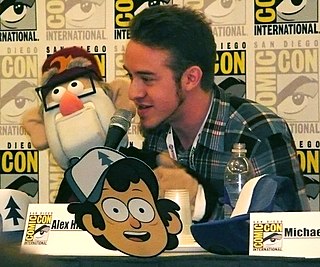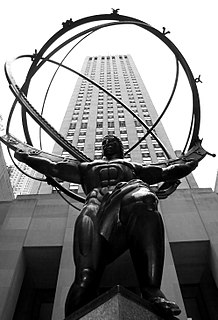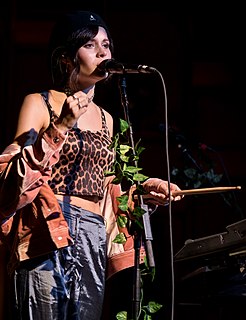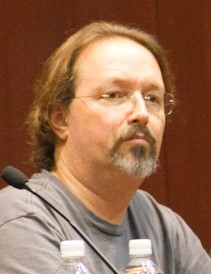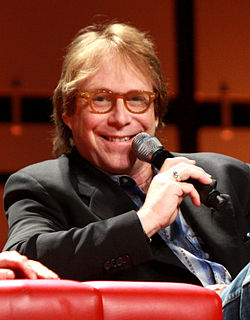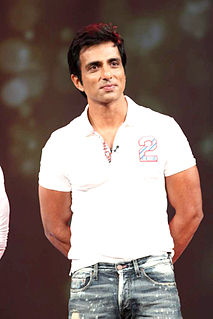A Quote by Alex Hirsch
When you're doing an animated series, you tend to pitch storyboards. You write a script and then you draw a comic version of that script and put it up on big boards, and then you pitch it to a big room of executives and writers.
Related Quotes
All directors make films in individual ways. But the classical kind of view of filmmaking is that you have a script, and it's very linear. There's a script, then you're going to shoot the script ,and then you cut that, and then that's the end of the film. And that's never really been how I've seen it.
The way we work at Pixar is we write the script, but then we quickly move on into story reel, which is basically like a comic-book version of the film. And then we do our own dialogue and music and sound effects, all in an effort to be able to basically sit in the theater and watch the movie before we shoot it, essentially.
If the pitch starts with a sob story, I'm out. If the pitch talks about personal issues, I'm out. If the pitch starts off with how big the market opportunity is, I'm out. If the pitch tells me what is unique about the product, how it can make a profit, and it's an area where I have expertise, I will read on.
I end up improvising in almost everything to some degree, 'cause it's often necessary on movies. The script is one thing, and it's this kind of theory of what you're going to do, and then you get there on the day and you realize, "Oh, the script is not appropriate to this room, the door's over here."
